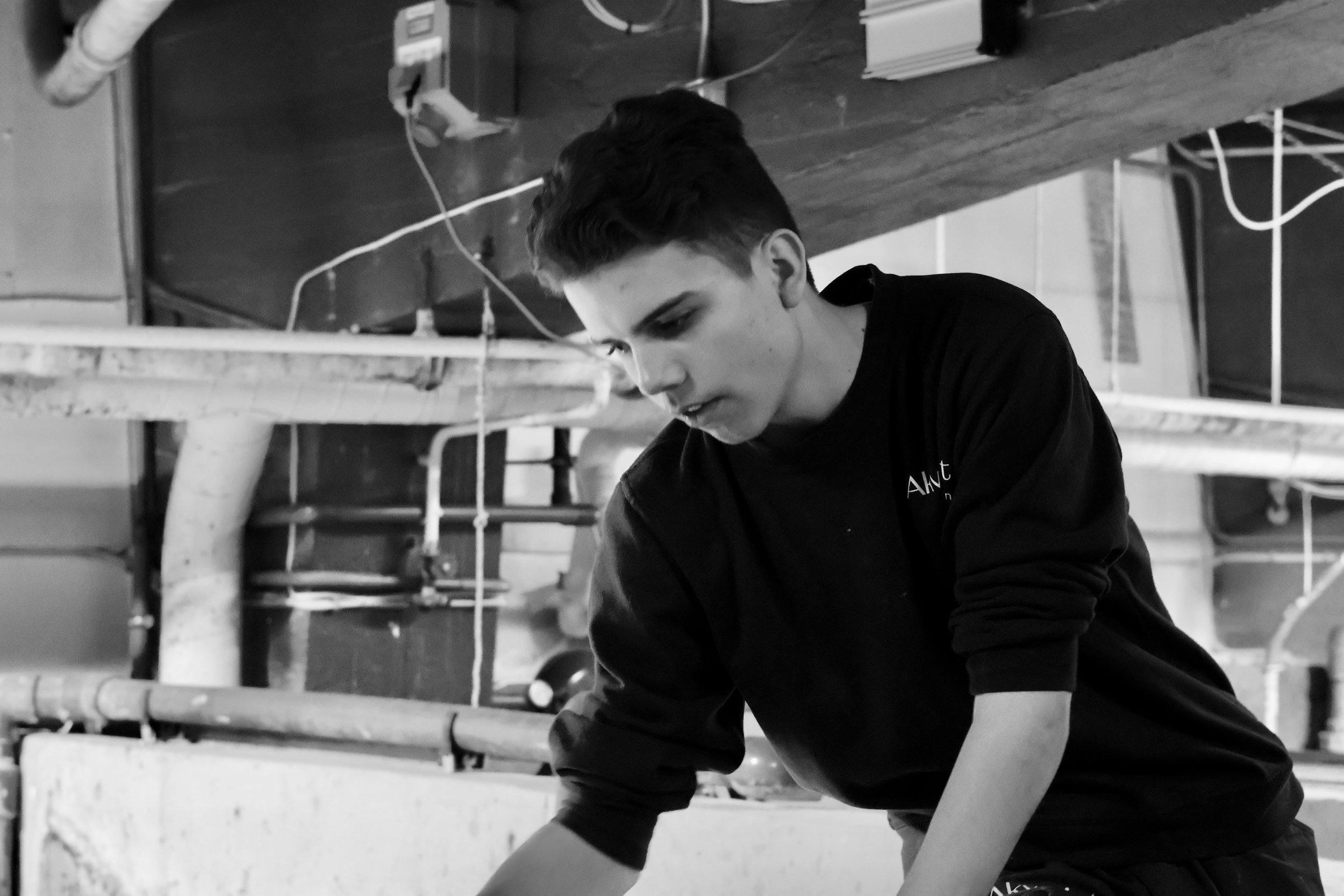Global Waste Picker Day
Junk shops have a crucial role in the recycling process. They buy recyclable materials from independent waste collectors and subsequently sell them to larger materials processing facilities.
MAY PERA SA BASURA
The Filipino slogan "May pera sa basura" (there is money in trash) carries profound meaning for those who belong to the informal waste sector. For many, waste picking provides an essential source of additional income. Yet, for a larger segment of this community, collecting waste represents the only lifeline for their families.
Gerlie Solabo, a resident of Baseco Compound in Manila City, next to Manila North Port, is among those who have depended on waste picking as a means of income for many years. She began picking waste when she was still a young high school student and continued even after she got married to her husband Ismael. Together, they established their own junk shop, which unfortunately failed due to the instability of the market pricing of waste. Nevertheless, Gerlie and Ismael refused to be deterred and continued their work as waste pickers within their community.
Gerlie Solabo, a waste collector residing in Baseco, Manila City, collects plastic waste from her local community.
A typical day for Gerlie involves collecting plastic waste, such as PET bottles and plastic utensils, in the morning after sending her children off to Baseco National High School. She stores these plastic materials at home and cleans them once she has accumulated enough to fill a sack before selling them to the local junk shop. During the southwest monsoon season, when the bay is more likely to be littered with trash, Gerlie also fishes out debris from the nearby dock.
When there is less waste to collect, Gerlie works multiple jobs to make ends meet. Despite the challenges she faces, Gerlie remains determined to support her family through hard work and resourcefulness. Her goal in the next five years is to save up and build her very own junk shop to increase her capacity to generate wealth and help the waste workers in her vicinity as well.
Fortunately, Gerlie has found a new source of support in Tanael, a junk shop that partners with Plastic Bank. By bringing her waste to Tanael, she now earns almost double what she used to receive from selling to a different junk shop. Gerlie is eligible for other incentives from Plastic Bank, including rice rations, health assistance (in the form of vitamins), safety equipment (such as gloves and boots), and educational assistance for her children (in the form of a tablet for online learning), in addition to the financial benefit.
Thanks to this partnership, Gerlie is not only able to earn more for her family but also access resources that improve their overall well-being, especially during a time when income generated through waste picking was very little to none at all due to the COVID-19 community restrictions in the country.
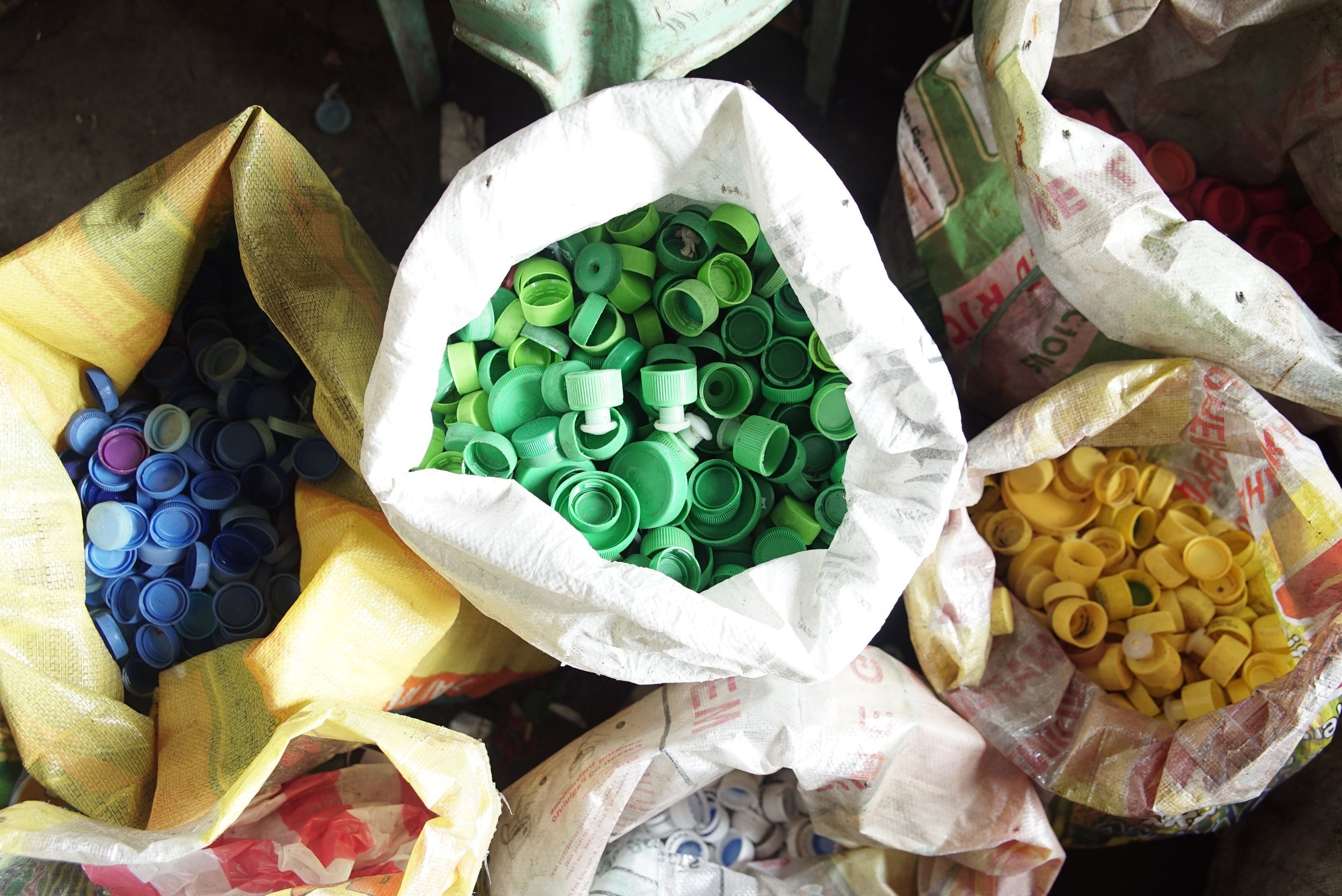
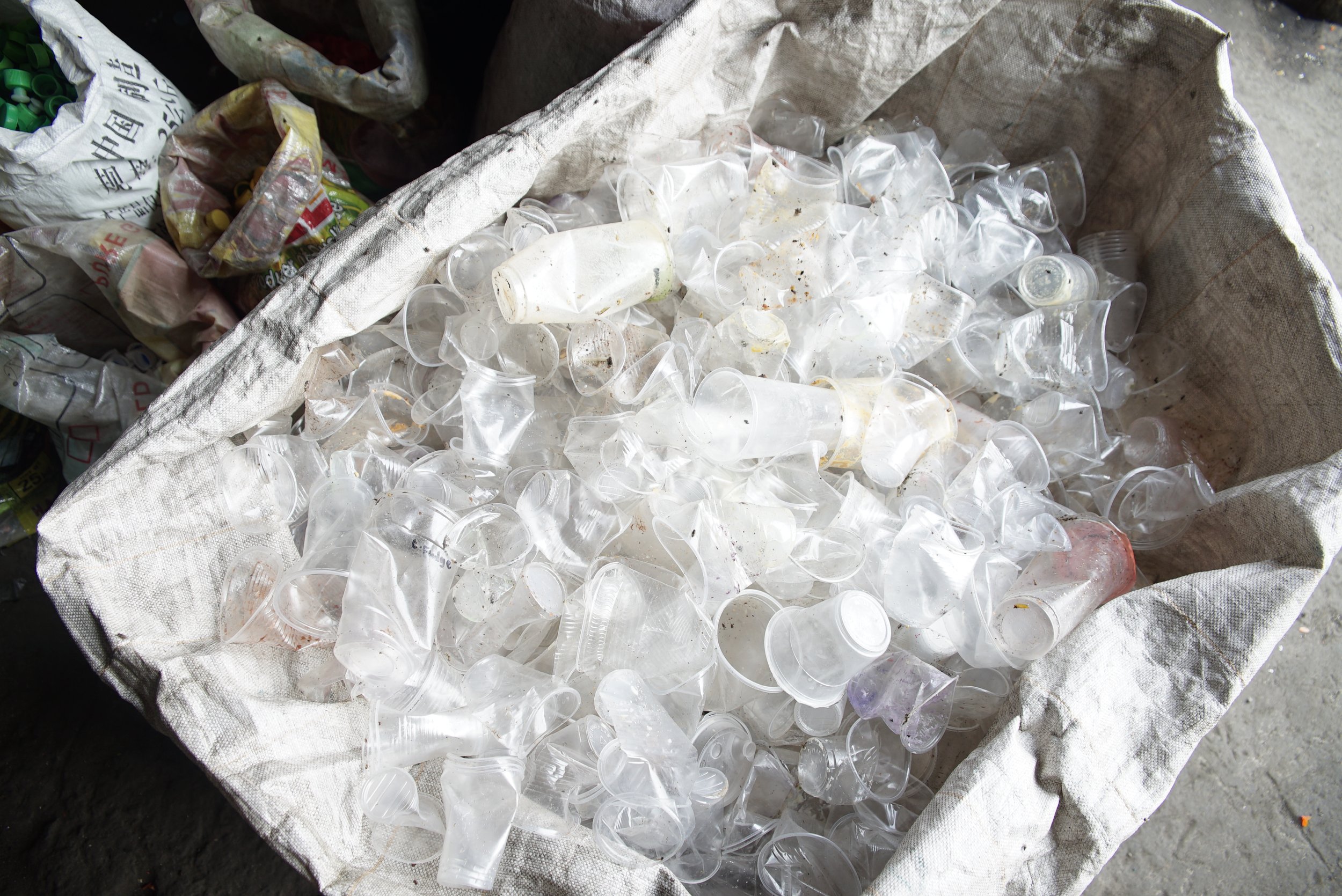
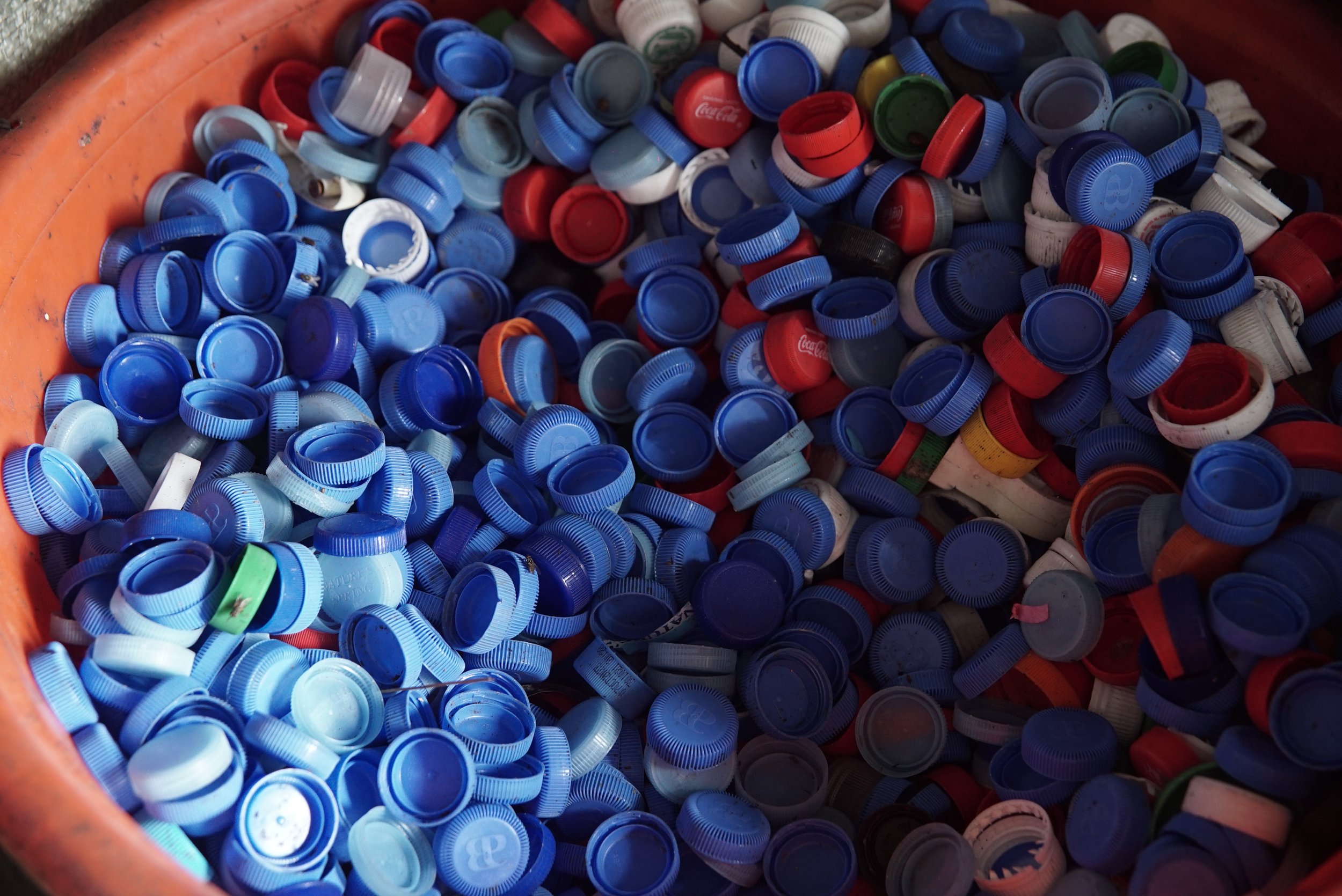
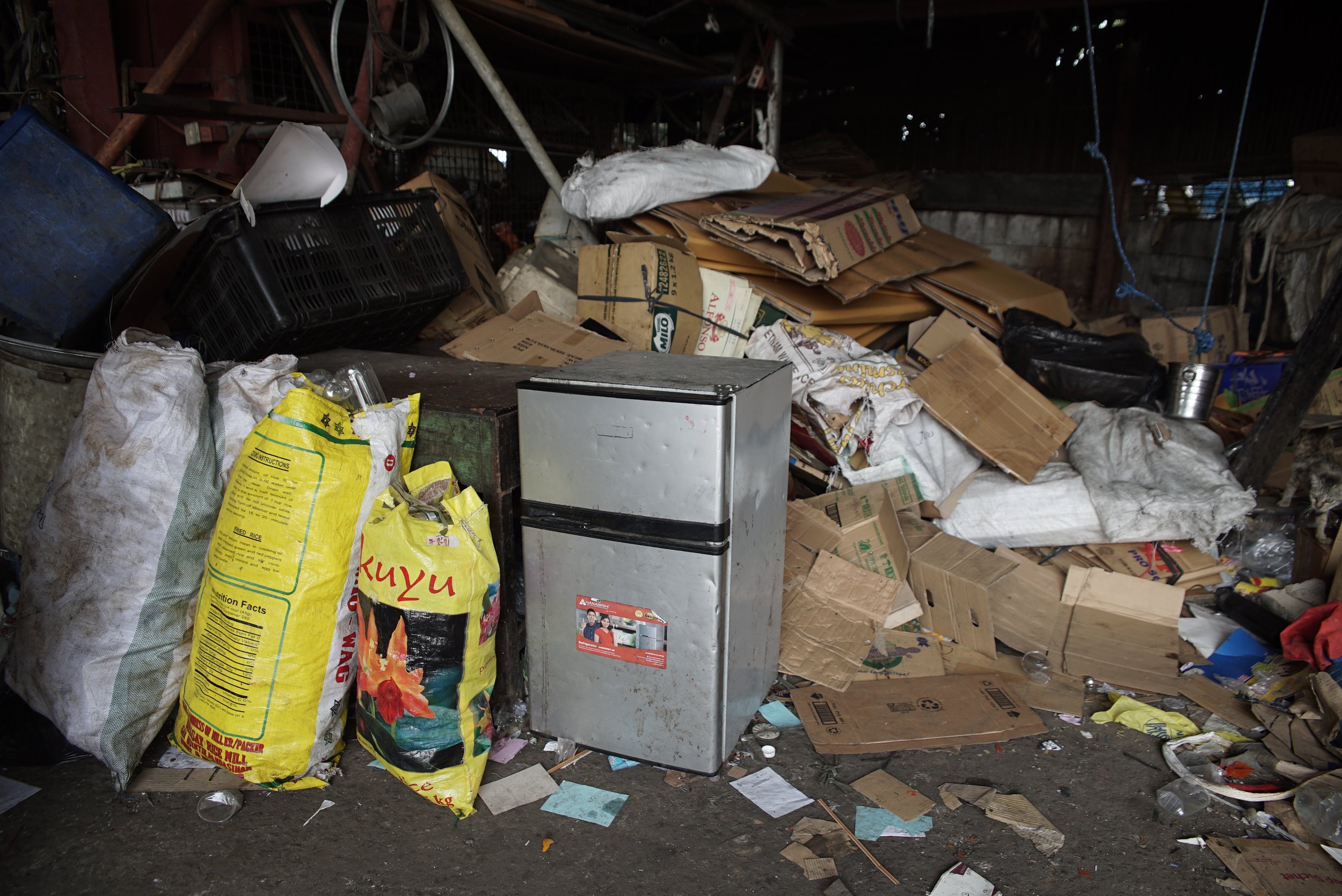
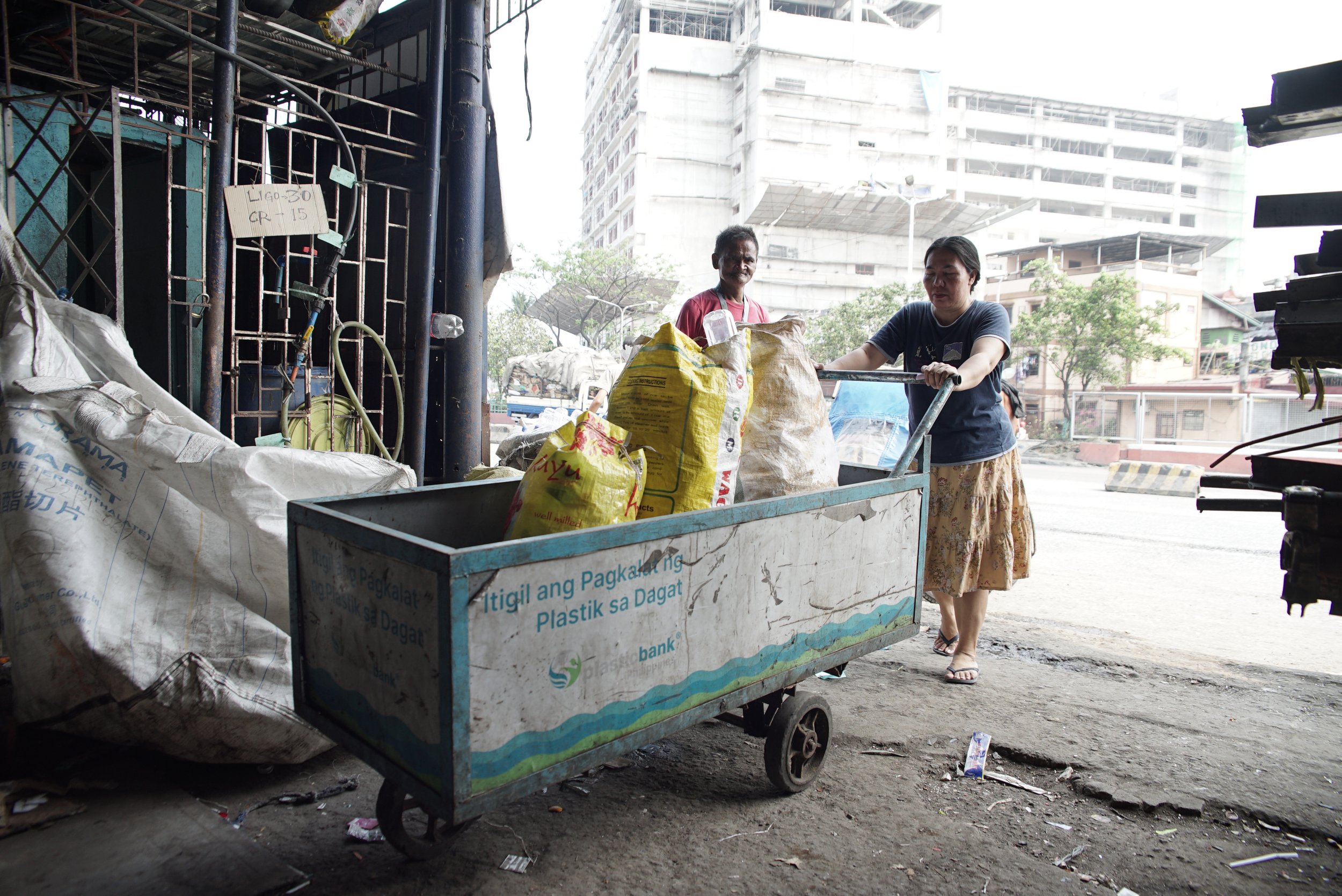
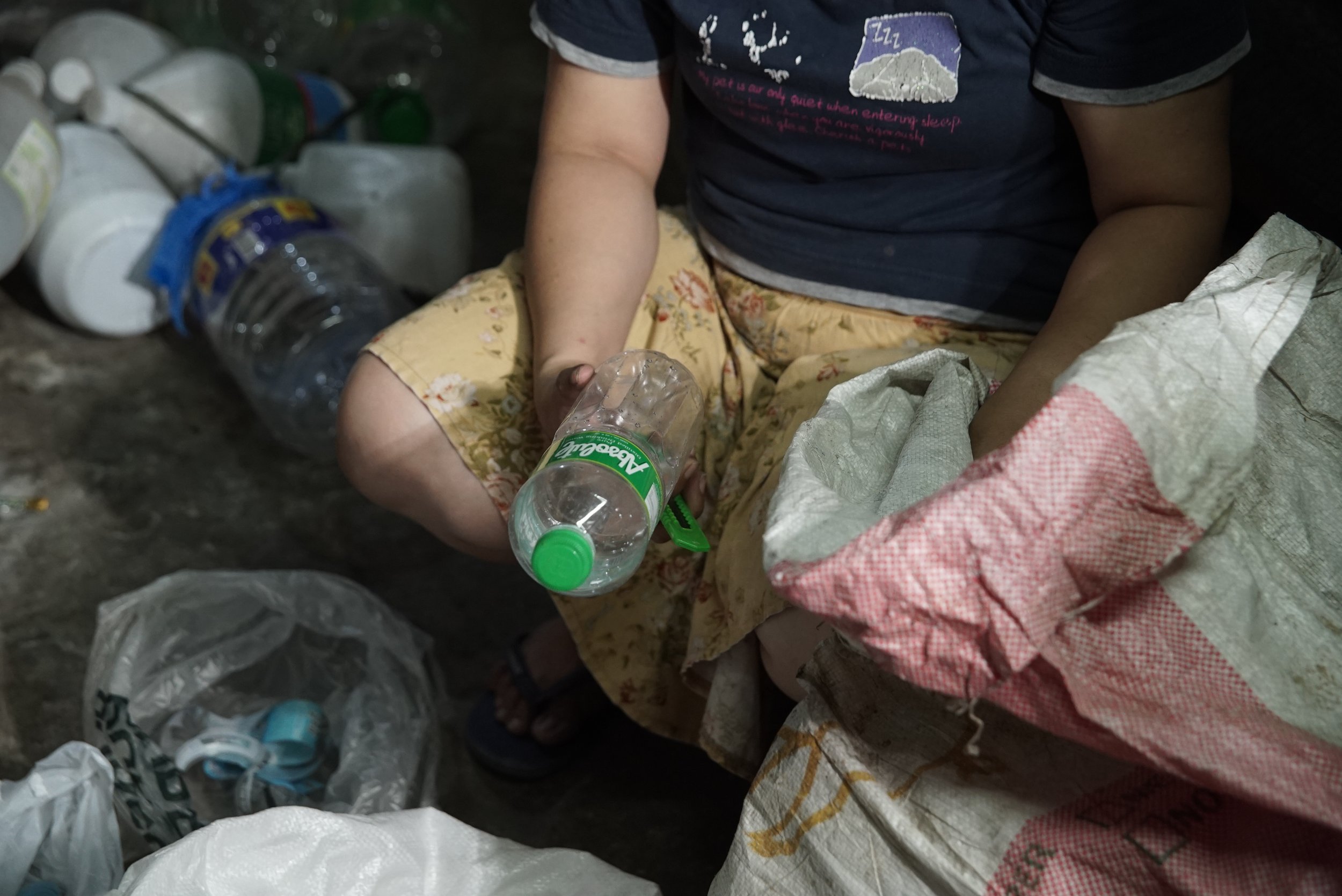
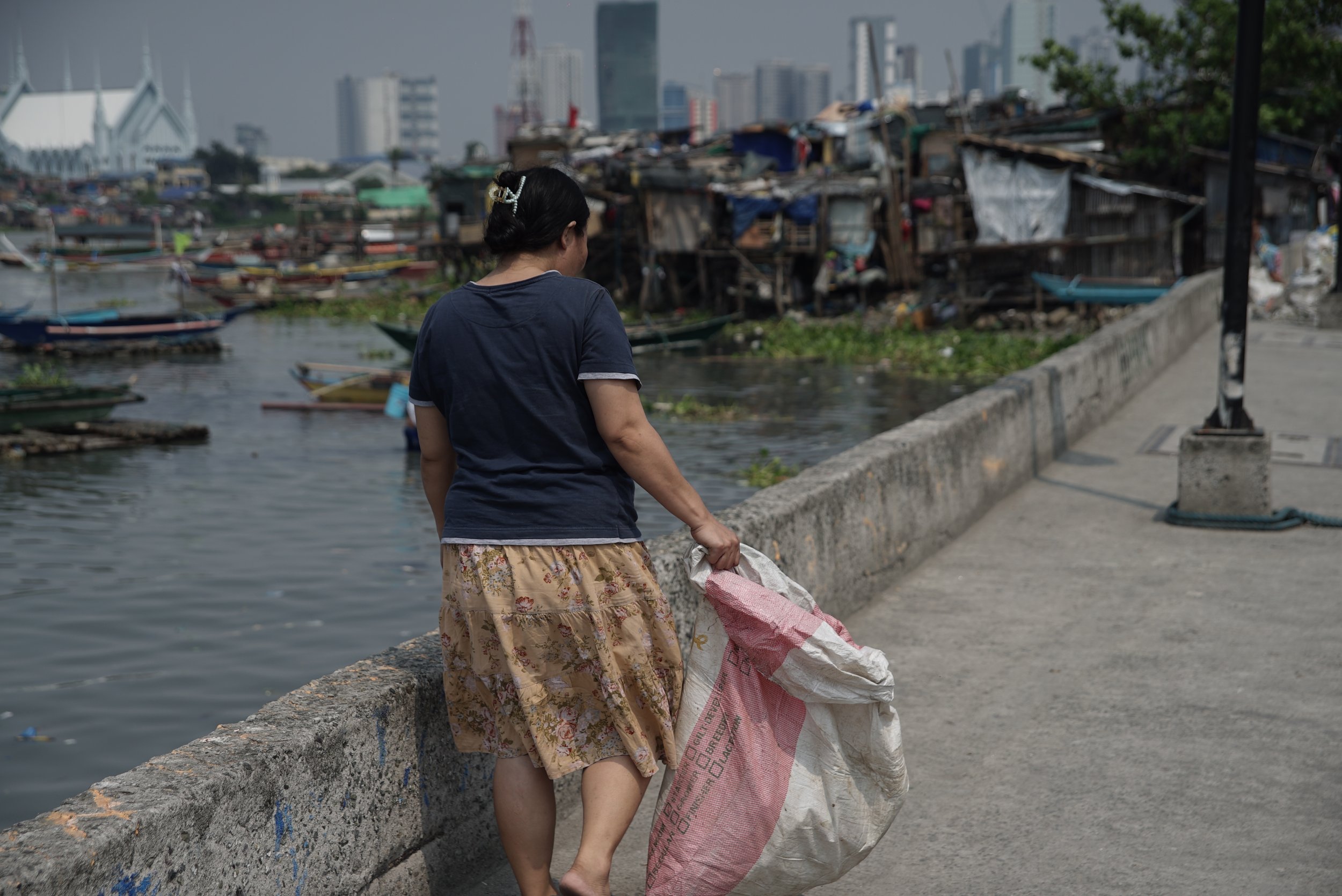
The World Wide Fund for Nature (WWF) ‘Clean Ports, Clean Oceans: Improving Port Waste Management in the Philippines’ project funded by the Grieg Foundation and implemented in partnership with the Grieg Group partners with Plastic Bank to expand their operations in more areas and support people like Gerlie to collect plastic waste safely and get higher income and benefits from it.
Informal waste workers like Gerlie are key actors in closing gaps in the waste management systems by recovering and diverting valuable materials back into the economy. Gerlie sees her work as a waste worker as not only a means of providing for her family but also a contribution to protecting the environment. Having lived in Manila City for many years, she has witnessed firsthand how plastic waste clogs the drainages, leading to extreme flooding in their area. She believes that her work as a waste worker can help mitigate this environmental problem not just for herself, but for future generations as well.
Related stories
STORIES FROM OUR PRIORITY AREAS
All · Children & youth · Music & culture · Health & research · Climate action · Social impact investment








